Two white girls on a minibus
/Reggaetourist Summary - I've enjoyed this remarkable opinion piece in the Gleaner. The author poses what I think is the most important question for the future of Jamaica's tourism industry: how can Jamaica differentiate itself from other 'sea-sand-sun' tourist destinations? The answer has something to do with two white girls on a minibus!
Brian-Paul Welsh | The business of tourism and culture
Jamaica is a stunning ecosystem of verdant hills draped by wispy clouds, and cooled by crisp, clear waters. It is la isla bonita, Belafonte’s island in the sun.
Despite our pride and patriotism, it is, however, far from unique in its surf and its climate, sitting along a belt of similar tropical islands stretching round the globe. We really ought not to boast too much about our sand or breezes since everywhere else also has sand and breeze, perhaps in greater abundance and quality, but nonetheless we persist in this business of selling dreams to those seeking such fantasies.
What distinguishes Jamaica from the rest of the family of tropical smallisland states is its mystique, the je nais se quoi of our nebulous brand that is wrapped up in a spliff, thumping from sound systems, and flowing from the crown of a Rastaman.
We are, in fact, marketing our indigenous identity, that ethnic vocabulary that has evolved from centuries of subjugation, exploitation and rebellion. We depend on this signature style of operating to lure the curious with an appetite for thrills and so now, just as in the days of slavery, foreign travellers are invited down for a grand tour of the estate and a few days of frolic.
The allure of this place and the seductive quality of its people have greatly benefited successive generations of businessmen with the means to capitalise on the natural bounty before it goes to waste.
That tug on the heart strings, whether from fondness or terror, is what makes Jamaica a place embedded with memories for many, and it is the spirit of this culture that we commoditise as part of the fickle industry representing the last boon in our flailing economy.
For decades, we have sterilised and packaged our cultural expressions for consumption by visitors within an allinclusive framework. The hotel property became the proxy for the Jamaican experience, a controlled environment where the fantasy isle is sometimes literally manufactured.
In spite of pressure to remain refugees behind high walls, every day there are at least two white girls on a minibus escaping the artifice of the resort and making their way into town for a taste of the real thing, that is, an intimate and authentic Jamaican experience.
THE REAL JAMAICA
This could mean attending an all-night street dance, hiking the hills and valleys, or having a beer with a stranger on the side of the road. This generation of travellers wants an immersion in mystery, and history, and culture, and they won’t be satisfied to simply go on safari with a twanging guide, get their hair braided, or roast their bodies in the sun.
They want to establish connections with people from all across this increasingly connected global community, and in so doing enrich humanity with the experiences they share.
As the prevailing business model has evolved over the years, and access to tourist dollars has shifted to include more small businesses, we have seen where social networking has facilitated the development of a literal cottage industry, where Jamaicans can now invite foreign visitors into their homes instead of a hotel operated by a foreign conglomerate or the scion of some elite family.
It is heartening to see advertisements for lodgings in almost every type of imaginable neighbourhood across Kingston and St Andrew and, further, that ordinary people can now earn foreign currency directly through their own effort and enterprise.
This type of hospitality is not just limited to accommodating persons for bed and breakfast, but extends into entertainment, nutrition, agriculture, gastronomy, spirituality and a host of other ventures designed to share Jamaica’s culture with the world.
Now more than ever, it appears that Jamaica is in the business of cultural entrepreneurship, that is, the establishment of enterprises reliant on, and in promotion of, Jamaica’s culture.
The only booming industries in Jamaica at the moment are banking, betting, and telephony, each so possessed with the capitalist spirit that they shamelessly revel in inefficiency while their cups runneth over with profits. Otherwise, there is little hope for ambitious, young people to honestly self-actualise and so dialling, the derivative of another exploitative industry, has emerged for this generation as the new cash cow.
If indeed cultural entrepreneurship is the next frontier of Jamaican commerce, we must critically examine what aspects of this culture are beneficial and which are inimical to sustaining these enterprises. In other words, we must take a dispassionate look at which aspects of our culture bring value and which are bad for business.
- Brian-Paul Welsh is a writer and public affairs commentator. Email feedback to columns@gleanerjm.com and brianpaul.welsh@gmail.com, or tweet@islandcynic.





